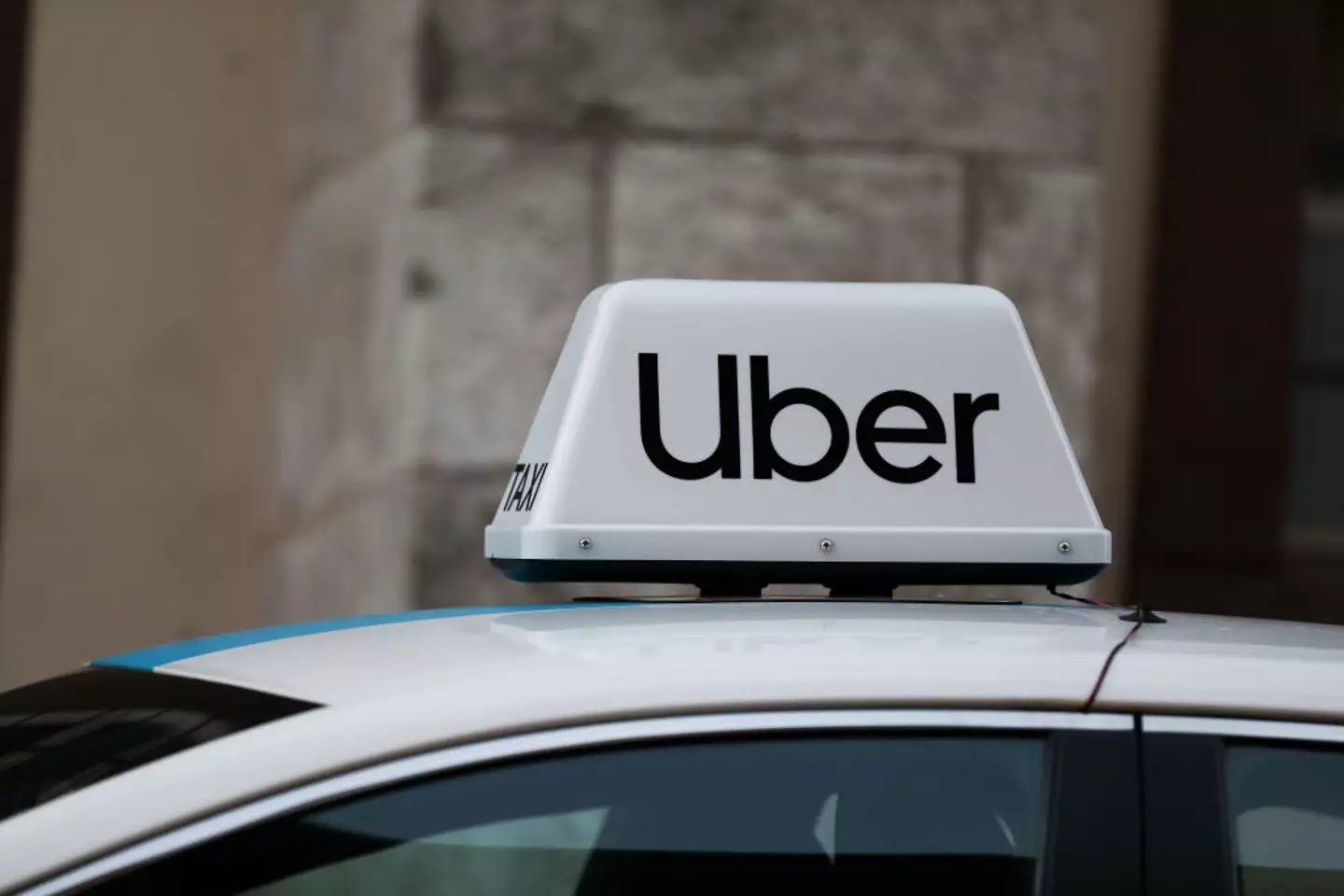


Where every other company is foregoing actual workers in favor of AI counterparts, Klarna's CEO is now begging for humans to return after the company's early pivot has led to $40,000,000,000 in losses.
There's a good chance that you've heard of Klarna, even if you've never used it before, as the fintech 'buy now, pay later' company has dominated much of the online shopping world in recent years.
Branded by many as the new form of loans, it allows customers to purchase a far greater variety of items without having to pay the full cost up front, whereas that would have typically been reserved for more expensive outlays.
Klarna's most common home has been in the clothing industry, but it has branched out into wider e-commerce to the point where customers can now controversially pay for food delivery using the service.
Advert
However, by far the most hotly debated move in recent years though is Klarna's decision to jump early onto the AI bandwagon and opt for an aggressive AI-driven customer service scheme.

The company announced last year that artificial intelligence was handling the workload of around 700 human agents, as reported by Mint, and this was powered through a major partnership with ChatGPT creator OpenAI.
However, Klarna CEO Sebastian Siemiatkowski has now reneged this shocking move in a major twist, and now has pleaded for human employees to return to the company's customer service teams.
"As cost unfortunately seems to have been too predominant evaluation factor when organizing this, what you end up having is lower quality," Siemiatkowski recently explained.
For many, the primary drive for AI replacements is to save the cost of human wages, but Klarna have discovered that this not only comes at a cost when considering the quality of service that customers receive, but also has significantly harmed the business overall, with losses estimated to be around $40 billion.
Siemiatkowski has also outlined that "really investing in the quality of human support is the way of the future for us," although the reintegration of human workers isn't quite as ideal as some might hope.
Klarna now aims to employ remote 'Uber-like' employees that provide service on-demand as opposed to being contracted directly by the company, which will no doubt lack some of the benefits you would get from directly working for Klarna itself.
It has been emphasized that from a 'brand' perspective and a 'company' perspective, Klarna view it as vitally important for customers to always have the option to speak to a human, yet it remains committed to artificial intelligence in the future, especially in line with its aforementioned OpenAI partnership.
"We wanted to be [OpenAI's] favorite guinea pig," remarked Siemiatkowski, adding that he still sees the human workforce reducing over time - although that won't be an immediate change.

"I don't see how an on-demand model with a bunch fo randos will deliver an increase in quality," writes one comment on Reddit in response to the news. "Expecting Klarna customers/debtors to excitedly work a call center job? Let's be for real. Imagine trusting some rando with customer PII?"
Another user breaks down what they call a "wildly dystopian business model," that Klarna are now integrating, illustrating: "Picture sitting at your desk, and not being paid for your time, but you have to be there because once some work comes up, if you're not there, someone else gets chosen for it."
Whether you agree with Klarna's new approach to human workers or not, it still represents a contradictory shift that goes against broader trends in the technology world. Meta, for example, are reportedly gearing up to replace around 50% of their coding workload with AI, and even doctors are beginning to fear that the tech could supplant their multiple decades of expertise.